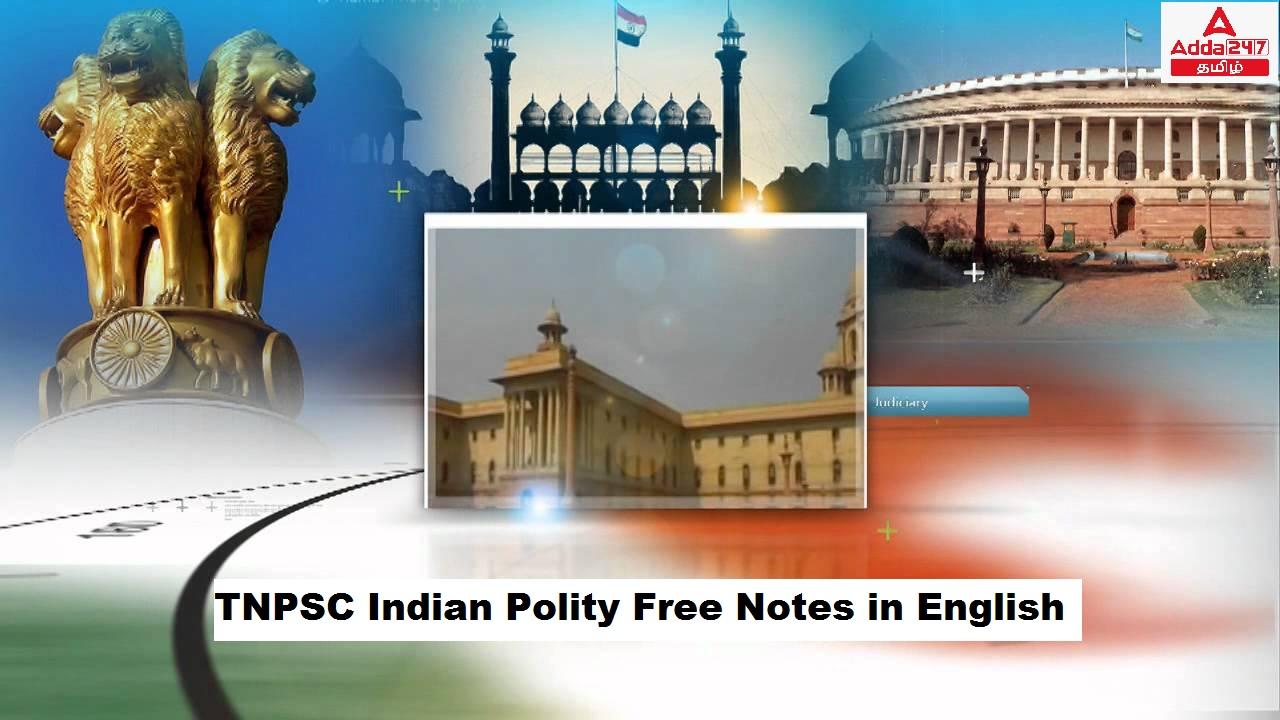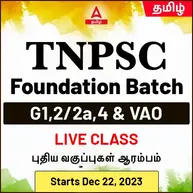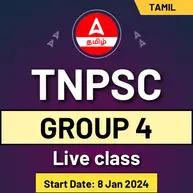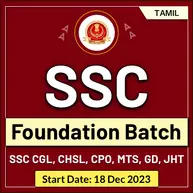இந்தக் கட்டுரையில், TNPSC குரூப் 1, குரூப் 2, குரூப் 2A, குரூப் 4 மாநிலப் போட்டித் தேர்வுகளான TNUSRB, TRB, TET, TNEB போன்றவற்றுக்கான முறைகள் இலவசக் குறிப்புகளைப் பெறுவீர்கள்.தேர்வுக்கு தயாராவோர் இங்குள்ள பாடக்குறிப்புகளை படித்து பயன்பெற வாழ்த்துகிறோம்.
Prime Minister
India has adopted the British Parliamentary executive mode with the Prime Minister as
the Head of the Government. Prime Minister is the most important political institution.
But in the council of Ministers (Cabinet), the Prime Minister is primus inter pares(first
among equals).
Appointment
There is no direct election to the post of Prime Minister.
Article 75 says that the Prime Minister shall be appointed by the President.
Appointment is not by the choice of the President.
The President appoints the leader of the majority party or the coalition of the parties
that commands a majority in the Lok Sabha, as the Prime Minister.
In case, no single party gets a majority, the President appoints the person most likely to
secure majority support.
The Prime Minister does not have a fixed tenure.
He/she continues in power as long as he/she remains the leader of the majority party or
coalition.
Functions and Position
The first and foremost function of the Prime Minister is to prepare the list of his
ministers.
He meets the President with this list and then the Council of Ministers is formed.
Very important ministers are designated as Ministers of the Cabinet rank, others are
called Ministers of State, while ministers belonging to the third rank are known as
Deputy Ministers.
It is one of the discretionary powers of the Prime Minister to designate a minister as
Deputy Prime Minister.
The President allocates portfolios among the ministers on the advice of the Prime
Minister.
The Prime Minister may keep any department or departments under his control.
He may also advise the President to reshuffle portfolios of his ministers from time to
time.
He may bifurcate or trifurcate a department or have different departments
amalgamated into one department.
He is the Chairman of the Cabinet, summons its meetings and presides over them.
The Prime Minister is also the Chairman of many bodies like the Inter-State Council,
Nuclear command Authority and many more.
He is in-charge of co-coordinating the policy of the government and has accordingly a
right of supervision over all the Departments.
While the resignation of a Minister merely creates a vacancy, the resignation or death of
the Prime Minister means the end of the Council of Ministers.
The Prime Minister is the sole channel of communication between the President and the
Ministers and between the Parliament and his Ministers.
He/ she is the chief spokesperson of the government in foreign affairs.
Council of Ministers
After the elections, the President of India, on the advice of the Prime Minister, appoints
the council of ministers.
Sometimes a non– member of the Parliament too may be appointed.
However, he must get elected to either of the Houses of the Parliament within a period
of six months.
The Constitution of India restricts the number of the Council of Ministers including the
Prime Minister to fifteen percent of the total members of the Lok Sabha.
Categories of the Ministers
The ministers are classified under three ranks
1. Cabinet Ministers
2. Ministers of State
3. Deputy Ministers
Cabinet Ministers
The Cabinet is an informal body of senior ministers who form the nucleus of
administration.
Important decisions of the government are taken by the Cabinet, such as defense,
finance, external affairs and home.
The Cabinet recommends to the President to promulgate an ordinance.
It is instrumental in moving Amendments to the Constitution.
The Finance bills have their origin in the Cabinet and then they are introduced in the Lok
Sabha with the President’s recommendations.
The Cabinet decides the foreign policy of the Government approves international
treaties and plays a significant role in the appointment of Ambassadors to various
countries.
Ministers of State
These ministers belong to the second category of ministers in the council.
They are also in charge of ministries or departments but they do not participate in the
meetings of the cabinet unless invited to do so.
Deputy Ministers
They are the lowest-ranked ministers in the cabinet.
They assist either the Ministers of Cabinet or State in the performance of the duties
entrusted to them.
Attorney General and CAG
Introduction
The Constitution (Article 76) has provided for the office of the Attorney General for
India.
He is the highest law officer in the country.
He is appointed by the President.
Qualification
He must be a person who is qualified to be appointed the Judge of the Supreme Court.
He must be a citizen of India.
He must have been a judge of some High Court for five years or an advocate of some
High Court for 10 years or eminent jurist, in the opinion of the President.
He holds office during the pleasure of the President, this means that he may be
removed by the President at any time.
He may also quit his office by submitting his resignation to the President.
Duties and Functions of Attorney General of India
To advise the Government of India upon such legal matters which are referred to him by
the President.
To perform such other duties of a legal character that are assigned to him by the
President and discharge the functions conferred on him by the constitution are any
other law.
The Attorney General of India has the right of audience in all courts in the territory of
India.
He has the right to speak and to take part in the proceedings of both Houses of the
Parliament or their joint sitting and any committee of the Parliament of which he may
be named a member but without a right to vote.
He enjoys all the privileges and immunities that are available to a member of
Parliament.
Comptroller and Auditor General of India
Article 148 to 151 in Part V of the Constitution of India contains legal information about
the Comptroller and Auditor General of India.
The Chief Accountant and Auditor General of India is a constitutional functionary.
He is the Chairman of the Accounting and Auditing System of India (Central and State
Governments).
Appointment and post
Qualified as judges of the Supreme Court in matters of appointment, post, salary,
dismissal, etc.
Eligibility for his post is not mentioned in the Constitution.
However, a person with long experience and accountability is appointed by the
President in practice on the recommendation of the Prime Minister.
The Head of the Accounting and Auditing Department of India shall be appointed by the
President of India with his seal and credentials (Article 148).
The person so appointed shall take the oath of office in the presence of the President as
specified in the Third Schedule before commencing office.
The Constitution does not specify his tenure and may hold office for six years under the
conditions of Office of the Auditor General of Accounts and Audit Act, 1953.
Dismissal
If he wishes to resign before completion of his term six years, he must send his
resignation letter to the President.
President may dismiss in accordance with a parliamentary resolution due to proven
misconduct or incompetence.
He should be impeached as per the procedure prescribed for Supreme Court Judges.
Salary and allowances
Parliament will from time to time determine the salary, allowances and pension of the
Head of the Accounting and Auditing Department as mentioned in the Second Schedule.
These will be obtained from the Consolidated Fund of India.
The Head of the Accounts and Audit Department of India is not eligible to serve in the
Government of India or the State Government after his resignation.
Independence of the post of Head of the Department of Accounting and Auditing
The Constitution of India makes adequate security arrangements to protect the
independence of the post of Head of the Accounting and Auditing Department
It is like the protections made to protect the independence of the judiciary.
Dismissal Salary allowances retirement is similar to what was said to Supreme Court
Judges.
The Head of the Accounts and Audit Department has the right to access Parliament
directly without the support of the Ministers.
Accounting and auditing functions
Head of Account and Auditing Department checks and audits all accounts of Central and
State Governments.
Monitors without any expense from the Indian Fund without legal permission.
Accounts of Central and State Governments should be in the format specified by him
(Article 150).
His uniqueness is pervasive. He should look into whether the money allocated by the
Parliament has been spent properly and whether it has been spent more than the
allowable amount.
Prepare a financial statement of accounts for each year and submit it to the President.
The Head of the Department of Accounts and Auditing shall submit reports on the
accounts to the President of India and the Governors of the States for each fiscal year,
which shall be placed before Parliament and the Legislature, respectively.
**************************************************************************
| Adda247 TamilNadu Home page | Click here |
| Official Website=Adda247 | Click here |









